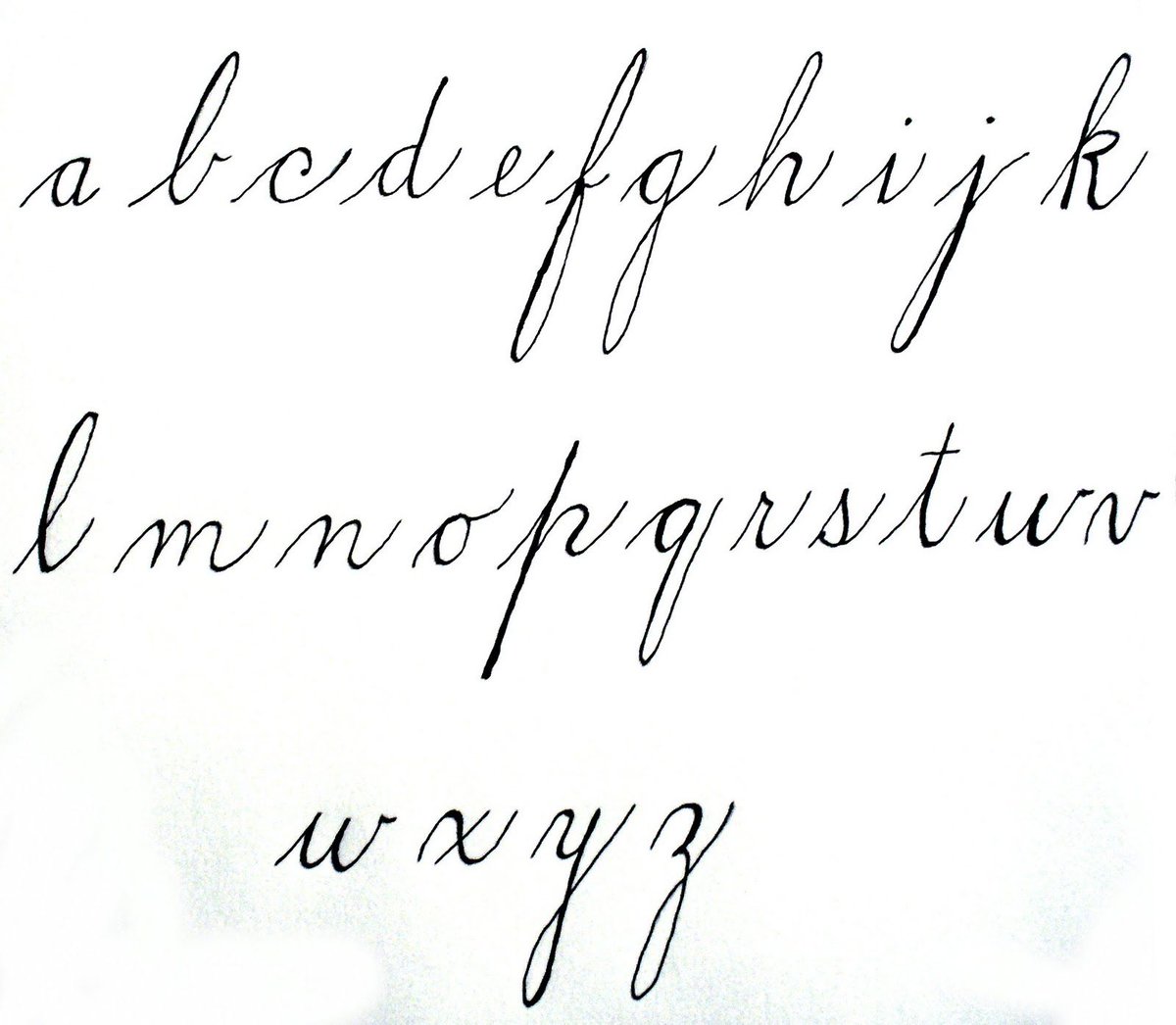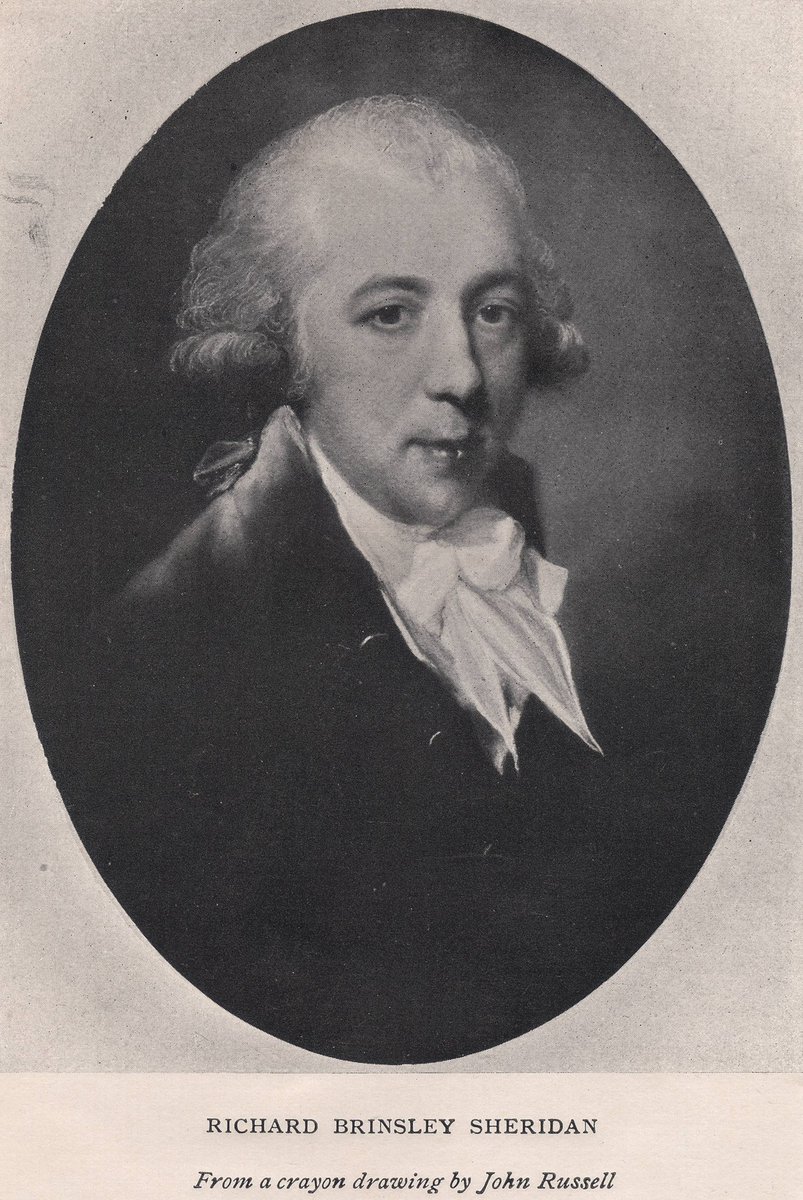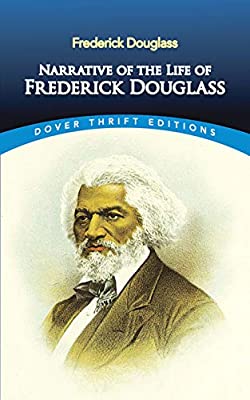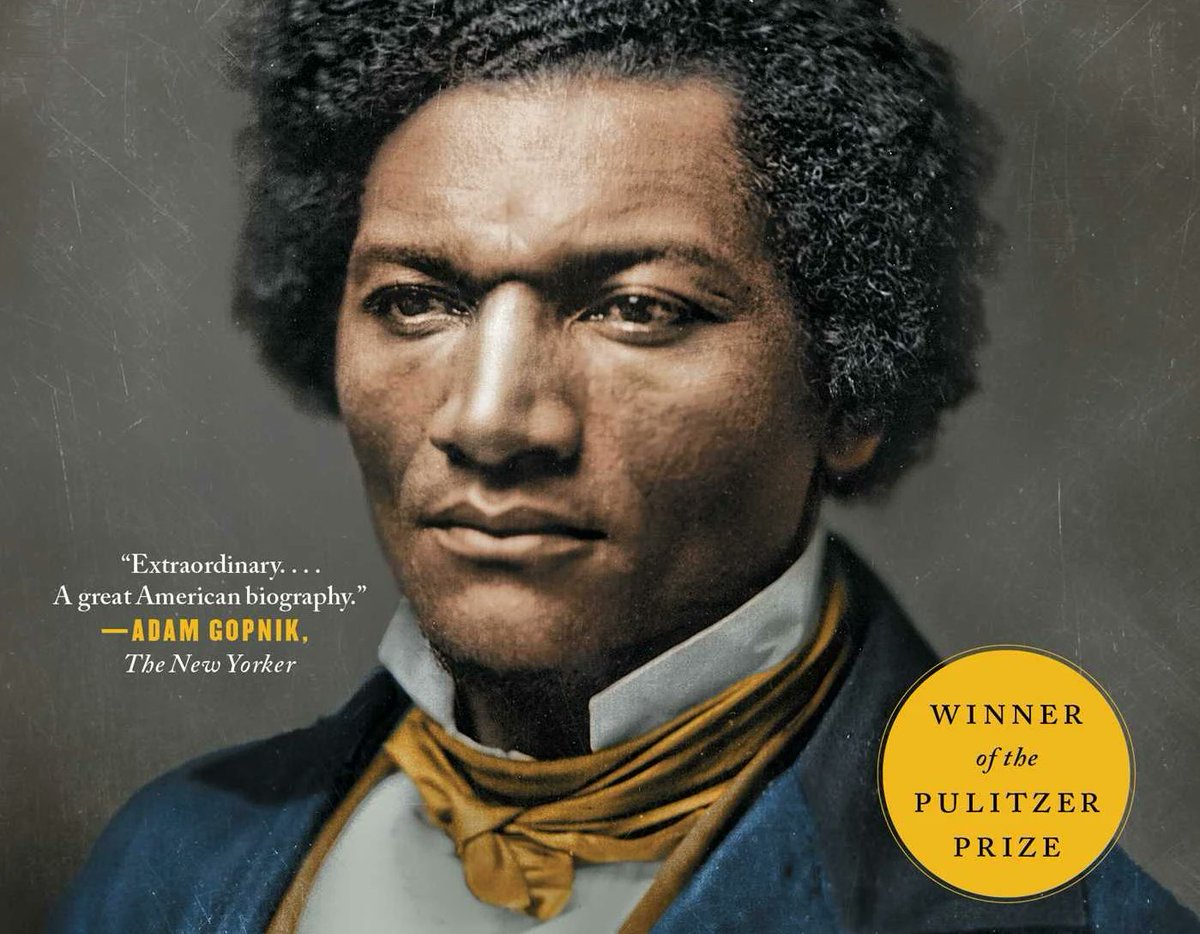
In his book, Narrative of the Life of Frederick Douglass, Douglass talks about his life as a slave and his heroic escape to the North.
One part of his story that I found especially fascinating was how he taught himself how to read and write.
One part of his story that I found especially fascinating was how he taught himself how to read and write.
As a slave, Douglass was treated poorly.
He was often overworked and underfed.
He was given almost no clothes and slept in a sack to stay warm, “In the hottest summer and coldest winter, I was kept almost naked...I had no bed,” Douglass wrote in his memoir.
He was often overworked and underfed.
He was given almost no clothes and slept in a sack to stay warm, “In the hottest summer and coldest winter, I was kept almost naked...I had no bed,” Douglass wrote in his memoir.
One would think growing up in an unjust world would break a person, but Douglass survived, and would soon thrive.
When Douglass was eight-years-old, he was sent to live with another master in Baltimore.
When Douglass was eight-years-old, he was sent to live with another master in Baltimore.
His new master’s wife had never had a slave before and taught Douglass the alphabet before the master found out and told his wife that such an activity was illegal.
Not only was it unlawful, but the master added that if a slave learned to read:
Not only was it unlawful, but the master added that if a slave learned to read:

“It would forever unfit him to be a slave. He would at once become unmanageable, and of no value to his master.”
That moment was an inflection point in Douglass’s life and those words would change his destiny forever. “These words sank deep into my heart...
That moment was an inflection point in Douglass’s life and those words would change his destiny forever. “These words sank deep into my heart...
From that moment, I understood the pathway from slavery to freedom," wrote Douglass.
Douglass knew that reading would lead to his freedom, and although he had lost his teacher, he was determined to learn how to read:
Douglass knew that reading would lead to his freedom, and although he had lost his teacher, he was determined to learn how to read:
“I set out with high hope, and a fixed purpose, at whatever cost of trouble, to learn how to read.”
So how did he do it?
Douglass carried a book with him anytime he was sent out for errands & if he had extra time, would make friends with young white boys & ask them for lessons.
So how did he do it?
Douglass carried a book with him anytime he was sent out for errands & if he had extra time, would make friends with young white boys & ask them for lessons.
“The plan which I adopted, and the one by which I was most successful, was that of making friends of all the little white boys whom I met in the street. As many of these as I could, I converted into teachers,” wrote Douglass.
Sometimes the boys would offer lessons for free, and other times Douglass would pay them for lessons with bread.
“This bread I used to bestow upon the hungry little urchins, who, in return, would give me that more valuable bread of knowledge," wrote Douglass.
“This bread I used to bestow upon the hungry little urchins, who, in return, would give me that more valuable bread of knowledge," wrote Douglass.
After learning how to read, Douglass came across a book containing speeches by Richard Sheridan.
Sheridan’s work produced in Douglass a deep love of liberty and hatred of oppression.
He read them over and over again and became inspired to get involved in human rights.
Sheridan’s work produced in Douglass a deep love of liberty and hatred of oppression.
He read them over and over again and became inspired to get involved in human rights.
“I read them over and over again with unabated interest...What I got from Sheridan was a bold denunciation of slavery, and a powerful vindication of human rights," wrote Douglass.
Once Douglass learned to read, he set out to acquire another valuable skill, writing.
Once Douglass learned to read, he set out to acquire another valuable skill, writing.

He first learned how to write while working at a ship-yard. He watched carpenters write on timber the part of the ship the piece was intended for, and copied it down.
• “L.” was for larboard.
• “S.” for starboard.
• “A.” for aft.
• “F.” for forward.
• “L.” was for larboard.
• “S.” for starboard.
• “A.” for aft.
• “F.” for forward.
“I immediately commenced copying them, and in a short time was able to make the four letters named,” Douglass wrote.
After learning those four letters, Douglass once again sought out white boys for lessons, this time for writing.
After learning those four letters, Douglass once again sought out white boys for lessons, this time for writing.
Douglass told white boys that he could write as well as them, however, they wouldn’t believe him & told him to prove it.
Douglass would then write the letters he knew & tell the white boys to write letters that they knew. Thus learning new letters every time he played the game.
Douglass would then write the letters he knew & tell the white boys to write letters that they knew. Thus learning new letters every time he played the game.
“In this way I got a good many lessons in writing, which it is quite possible I should never have gotten in any other way," wrote Douglass.
Since Douglass didn't have a notebook, he carried a lump of chalk and would write on fences, brick walls, and the pavement.
Since Douglass didn't have a notebook, he carried a lump of chalk and would write on fences, brick walls, and the pavement.
At home, Douglass waited until everyone left the house to practice writing in his master’s son’s old spelling books.:
“When left thus, I used to spend the time in writing in the spaces left in Master Thomas’s copy-book, copying what he had written."
“When left thus, I used to spend the time in writing in the spaces left in Master Thomas’s copy-book, copying what he had written."
All in all, it took Douglass 7 years to teach himself how to read and write.
BUT...it wasn’t enough that Douglass had taught himself these valuable skills.
He wanted others to have the power of reading as well.
BUT...it wasn’t enough that Douglass had taught himself these valuable skills.
He wanted others to have the power of reading as well.
He created a strong desire in his fellow slaves to learn how to read and taught lessons every Sunday.
“Instead of spending the Sabbath in wrestling, boxing, and drinking whiskey, we were trying to learn how to read," wrote Douglass.
“Instead of spending the Sabbath in wrestling, boxing, and drinking whiskey, we were trying to learn how to read," wrote Douglass.
Slaves from neighboring farms found out about the lessons and Douglass’s class grew from a handful of individuals to nearly 40 people:
“I had at one time over forty scholars, and those of the right sort, ardently desiring to learn....They were great days to my soul."
“I had at one time over forty scholars, and those of the right sort, ardently desiring to learn....They were great days to my soul."
Although Frederick Douglass was born a slave and grew up illiterate, he didn't let that stop him from achieving greatness.
Through hard work and resourcefulness, he taught himself how to read and write and then went on to teach others those powerful skills.
Through hard work and resourcefulness, he taught himself how to read and write and then went on to teach others those powerful skills.
Douglass eventually escaped to the North & continued to educate himself & use his knowledge towards the abolition of slavery.
He would go on to become an influential writer, a respected American diplomat, and a counselor to 4 Presidents.
He would go on to become an influential writer, a respected American diplomat, and a counselor to 4 Presidents.

• • •
Missing some Tweet in this thread? You can try to
force a refresh





